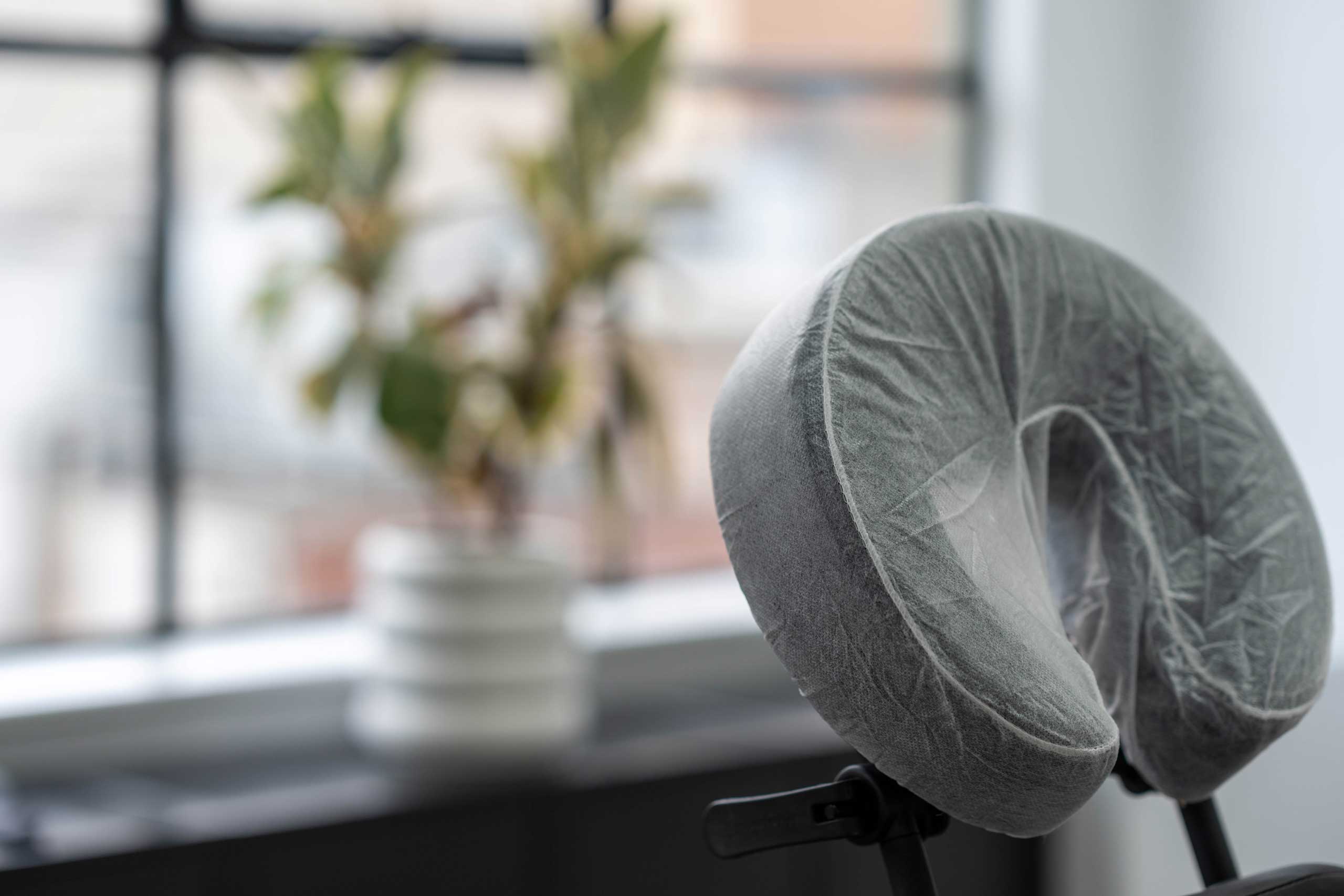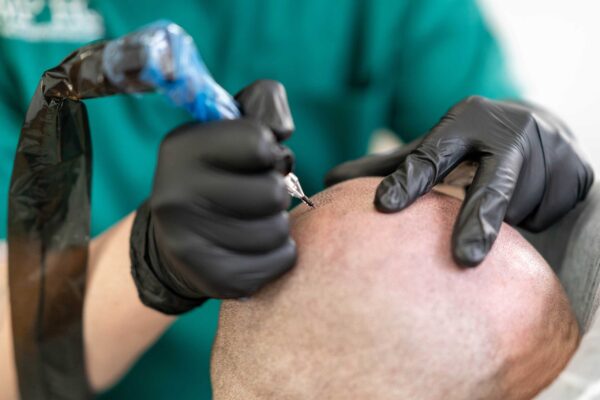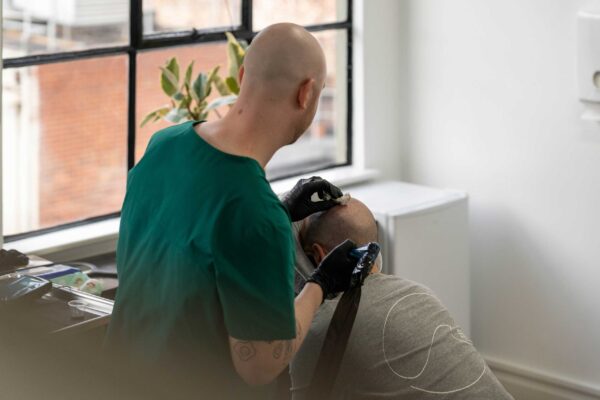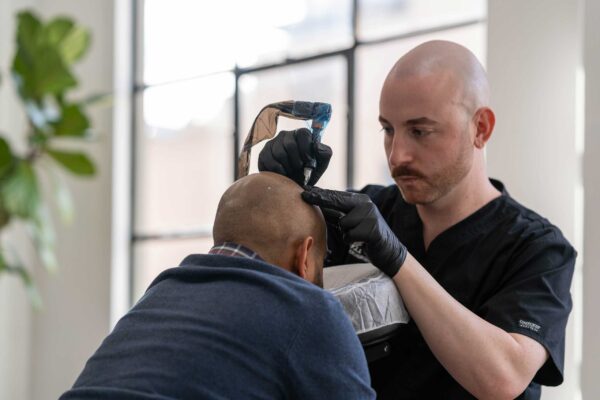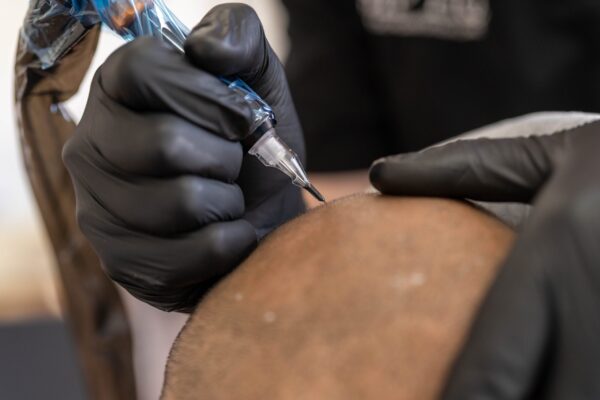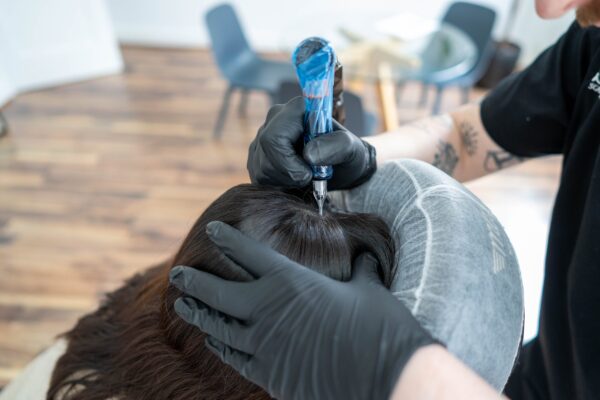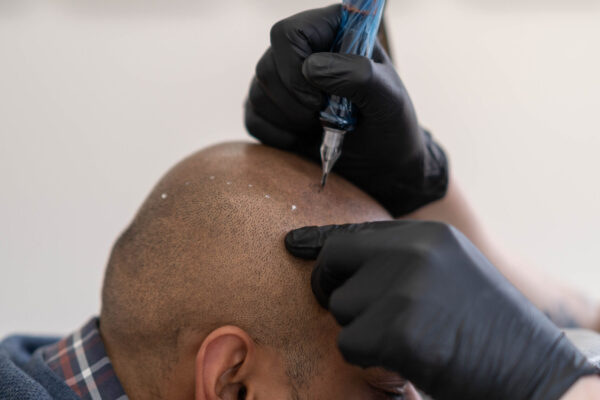Scalp micropigmentation (SMP) is a non-surgical cosmetic procedure that involves the use of tiny needles to tattoo pigment onto the scalp to create the appearance of hair follicles. It is often used as a solution for people experiencing hair loss or baldness, and can be used to create the look of a closely-cropped buzz cut or a more subtle increase in hair density.
The process usually requires multiple sessions, and the results can last for several years with proper care. SMP is considered a safe and effective solution for people who want to improve the appearance of their hairline or increase hair density without undergoing surgery or taking medication.
The short answer is that it’s generally safe to drink alcohol after SMP, but there are a few things to keep in mind.
First, it’s important to understand that SMP involves creating tiny wounds on the scalp. These wounds need time to heal, and during the healing process, it’s important to take care of the scalp to avoid any complications or infections.
Alcohol consumption can impact the body’s natural healing process by reducing blood flow and impairing the immune system. This can potentially lead to slower healing times or an increased risk of infection.
While having a drink or two after SMP is unlikely to cause any major issues, it’s important to avoid excessive drinking during the healing process. This means limiting your alcohol intake and avoiding binge drinking or heavy alcohol consumption.
In addition, it’s important to avoid activities that can cause sweating or excessive heat around the scalp, as this can increase the risk of infection. This includes hot tubs, saunas, and steam rooms, which should be avoided for at least a week after the procedure.
It’s also important to keep the scalp clean and avoid touching it unnecessarily. This means avoiding scratching or picking at the scalp, and using gentle shampoos and conditioners to keep the scalp clean and moisturised.
In conclusion, it’s generally safe to drink alcohol after SMP, but it’s important to be mindful of your alcohol intake and avoid excessive drinking during the healing process. If you have any concerns or questions, it’s always a good idea to consult your technician for personalised advice that is tailored to your needs.
